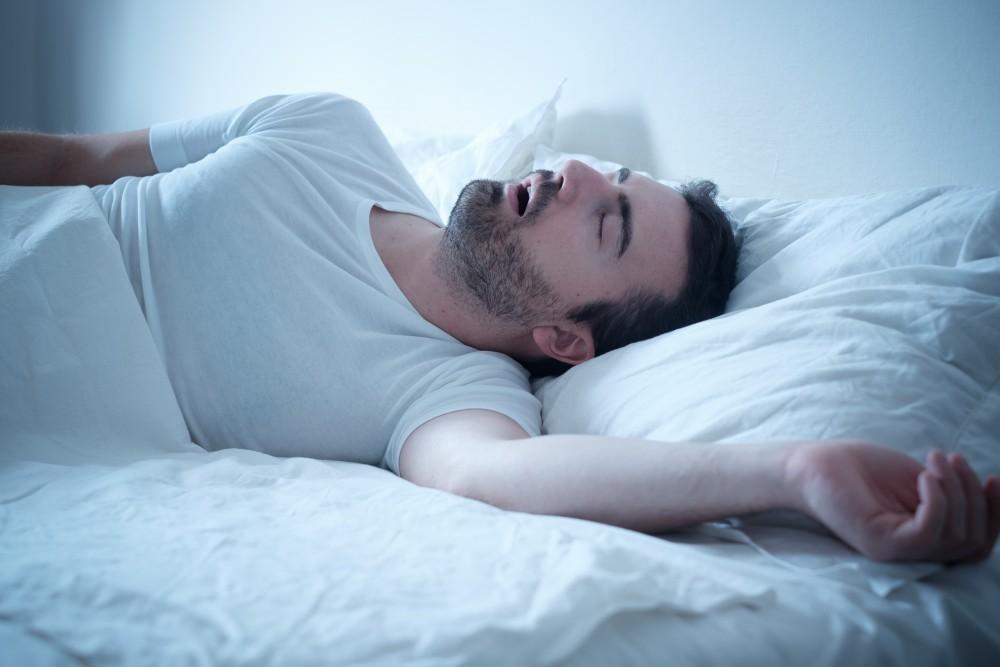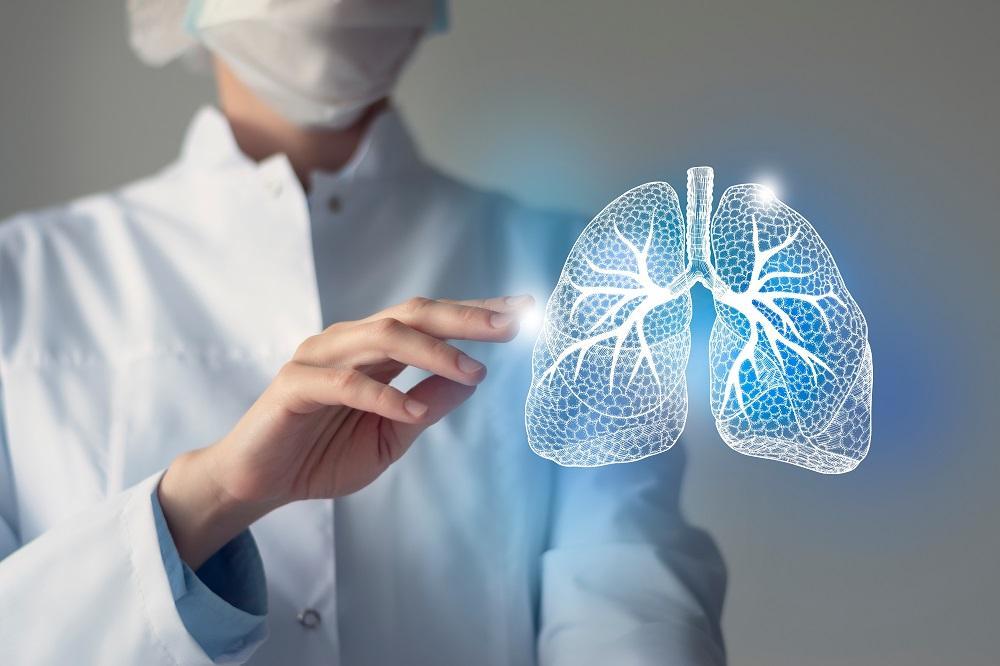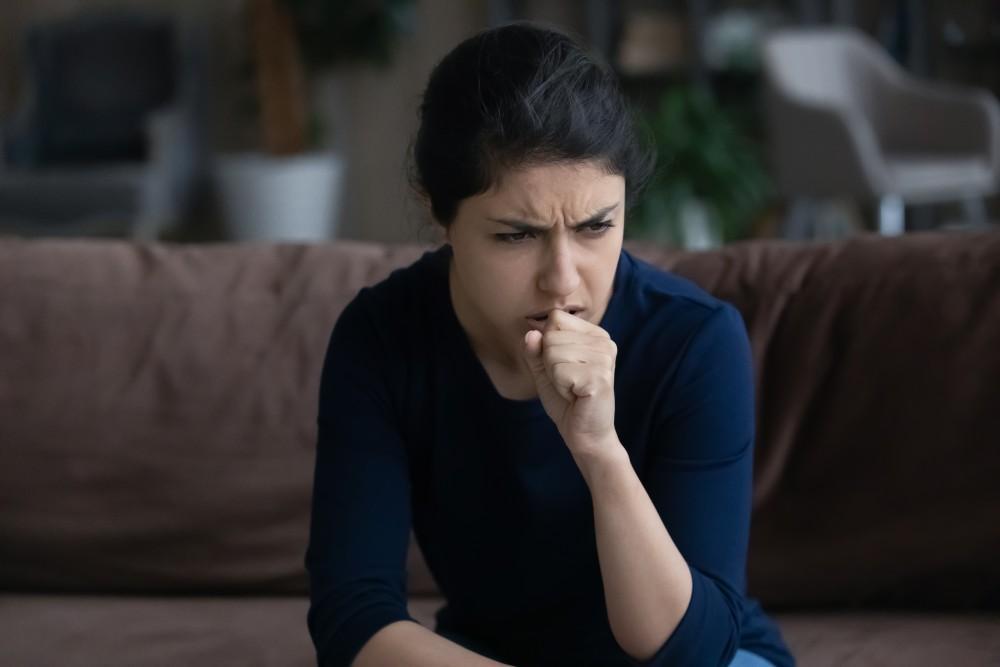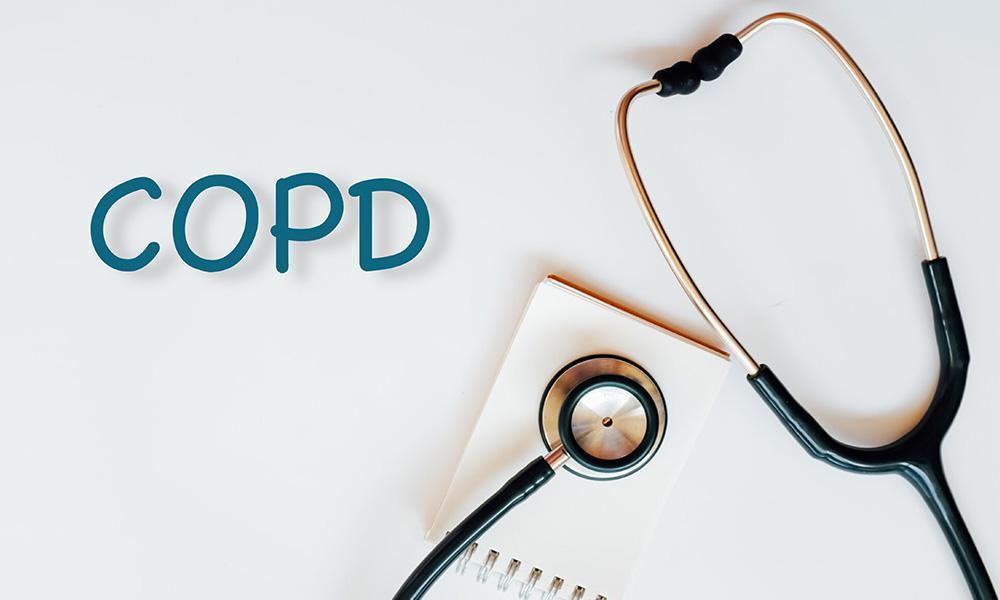Sleep apnea occurs when you temporarily stop breathing while you sleep. As oxygen levels drop, a cascade of events in your heart and respiratory system may be triggered. Without individualized treatment from Kamelhar Pulmonology in Midtown East Manhattan, these apnea episodes can lead to serious problems like high blood pressure, heart arrhythmias, high blood sugar, daytime fatigue, and weight gain. For expert diagnostic testing and treatment for sleep apnea, call the New York City office or book an appointment online today.
Sleep Apnea Q & A
What is obstructive sleep apnea (OSA)?
Obstructive sleep apnea or OSA is a sleep disorder that occurs when you repeatedly stop breathing while you sleep. As you sleep, the tongue and other tissues relax and block or narrow your airway.
If the tissues only partially block the airway, they vibrate and cause loud snoring that may result in a hypopneic episode, which is associated with a decrease in your oxygen saturation
levels or if your brain is aroused. When your tongue and other tissues completely obstruct the airway, you stop breathing. That is called an apneic episode.
After you stop breathing, your brain triggers your chest and diaphragm muscles to reopen the airway. In most cases, you don’t wake up, so you’re not aware you have OSA. However, someone in your household may comment on your loud snoring and the gasp they hear when you breathe again.
You may stop breathing five to 30 times (or more) every hour, depending on the severity of your OSA.
Are there other types of sleep apnea?
Though not as common, you may develop two other types of sleep apnea: central sleep apnea and complex sleep apnea. During central sleep apnea, your body stops or delays sending signals to the muscles that control breathing. This may be due to medications you are taking, or an underlying medical condition such as heart failure, cardiac arrhythmia, stroke, or kidney disease.
Complex sleep apnea is first diagnosed as OSA, but after treatment for OSA, you develop central sleep apnea events.
What symptoms does sleep apnea cause?
Loud snoring is the most common symptom of OSA, but you may not have such loud snoring with other types of sleep apnea.







